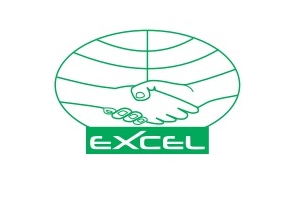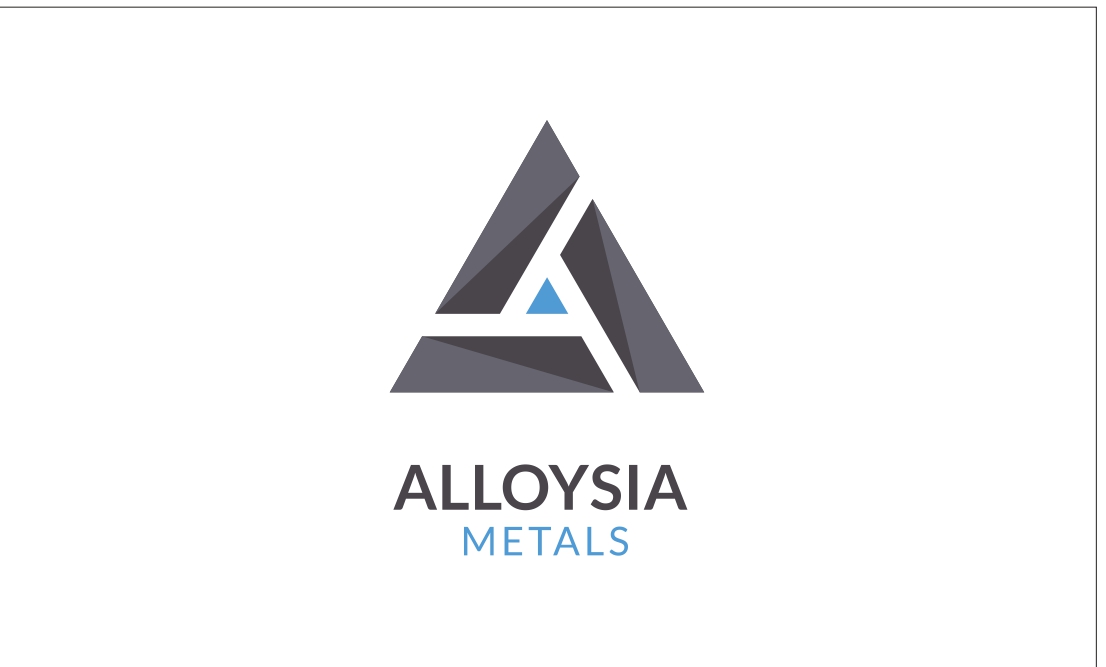Get A Quote
Get A Quote
+91

Home

Account

Get A Quote

About Us
Products
Materials
Contact Us
Connect with us
Get A Quote

Home

Account

Get A Quote

Inconel 625 is a nickel-chromium-molybdenum alloy renowned for its exceptional corrosion resistance and high strength at elevated temperatures. Among its various applications, Inconel 625 pipes play a pivotal role in aerospace, chemical processing, oil and gas, and marine engineering industries. This alloy is well-suited for withstanding aggressive environments, making it an ideal choice for critical piping systems where reliability and durability are paramount.
This table comprehensively examines the important elements in the chemical composition of Inconel 625 Pipes.
| Ni | Fe | C | Mn | Si | Cr2 | Mo | Co | Al | Ti | Nb + Ta | P | S |
| 58.0 min | 5.0 max | 0.10 max | 0.50 max | 0.50 max | 20.0-23.0 | 8.0-10.0 | 1.0 max | 0.40 max | 0.40 max | 3.15–4.15 | 0.015 max | 0.015 max |
It is evident that the composition of Inconel 625 Pipes combines essential elements to ensure specific mechanical and structural properties for challenging applications.
This table presents a detailed breakdown of key elements in the Mechanical Properties of Inconel 625 Pipes.
| Density | 8.4 g/cm3 |
| Melting Point | 1350 °C (2460 °F) |
| Tensile Strength | Psi – 1,35,000 , MPa – 930 |
| Yield Strength (0.2%Offset) | Psi – 75,000 , MPa – 517 |
| Elongation | 42.5 % |
This table provides a summary of the essential Mechanical Properties and performance aspects of Inconel 625 Pipes.
Some of the benefits of redoing Inconel 625 pipes are listed below to explain why they are ideal for complex use.
Hence, below are the various features that make Inconel 625 Pipes one of the most preferred choices for several industries with high demands on the pipes:
Following are the applications of Inconel 625 Pipes in various industrial applications.
Inconel 625 pipes stand out as a high-performance alloy in demanding industries where corrosion resistance, high strength, and temperature stability are crucial.
Inconel 625 is a nickel-chromium-molybdenum alloy renowned for its exceptional corrosion resistance and high strength at elevated temperatures. Among its various applications, Inconel 625 pipes play a pivotal role in aerospace, chemical processing, oil and gas, and marine engineering industries. This alloy is well-suited for withstanding aggressive environments, making it an ideal choice for critical piping systems where reliability and durability are paramount.
This table comprehensively examines the important elements in the chemical composition of Inconel 625 Pipes.
| Ni | Fe | C | Mn | Si | Cr2 | Mo | Co | Al | Ti | Nb + Ta | P | S |
| 58.0 min | 5.0 max | 0.10 max | 0.50 max | 0.50 max | 20.0-23.0 | 8.0-10.0 | 1.0 max | 0.40 max | 0.40 max | 3.15–4.15 | 0.015 max | 0.015 max |
It is evident that the composition of Inconel 625 Pipes combines essential elements to ensure specific mechanical and structural properties for challenging applications.
This table presents a detailed breakdown of key elements in the Mechanical Properties of Inconel 625 Pipes.
| Density | 8.4 g/cm3 |
| Melting Point | 1350 °C (2460 °F) |
| Tensile Strength | Psi – 1,35,000 , MPa – 930 |
| Yield Strength (0.2%Offset) | Psi – 75,000 , MPa – 517 |
| Elongation | 42.5 % |
This table provides a summary of the essential Mechanical Properties and performance aspects of Inconel 625 Pipes.
Some of the benefits of redoing Inconel 625 pipes are listed below to explain why they are ideal for complex use.
Hence, below are the various features that make Inconel 625 Pipes one of the most preferred choices for several industries with high demands on the pipes:
Following are the applications of Inconel 625 Pipes in various industrial applications.
Inconel 625 pipes stand out as a high-performance alloy in demanding industries where corrosion resistance, high strength, and temperature stability are crucial.






No, Inconel 625 pipes are highly resistant to rust and corrosion. It is alloyed with chromium and nickel which makes it a superior material for high-temperature applications due to its excellent strength and durability. Additionally, its excellent resistance to chloride pitting has made it popular in seawater-containing environments.
In order to successfully weld Inconel 625 pipes, you'll need a few specific tools. First, select a welding method appropriate for the thickness of your pipe. You'll need an argon-helium shielding gas and a high nickel wire such as Inconel 625 or Hastelloy W to ensure proper corrosion resistance. Preheat the metal before beginning the weld and set your welder's voltage and amperage to the settings recommended in the manufacturer’s instructions. Finally, use slow travel speeds with low heat input to reduce cracking in your finished workpiece.





















-1688635827661.webp)






















No more suppliers available.
Website Banner